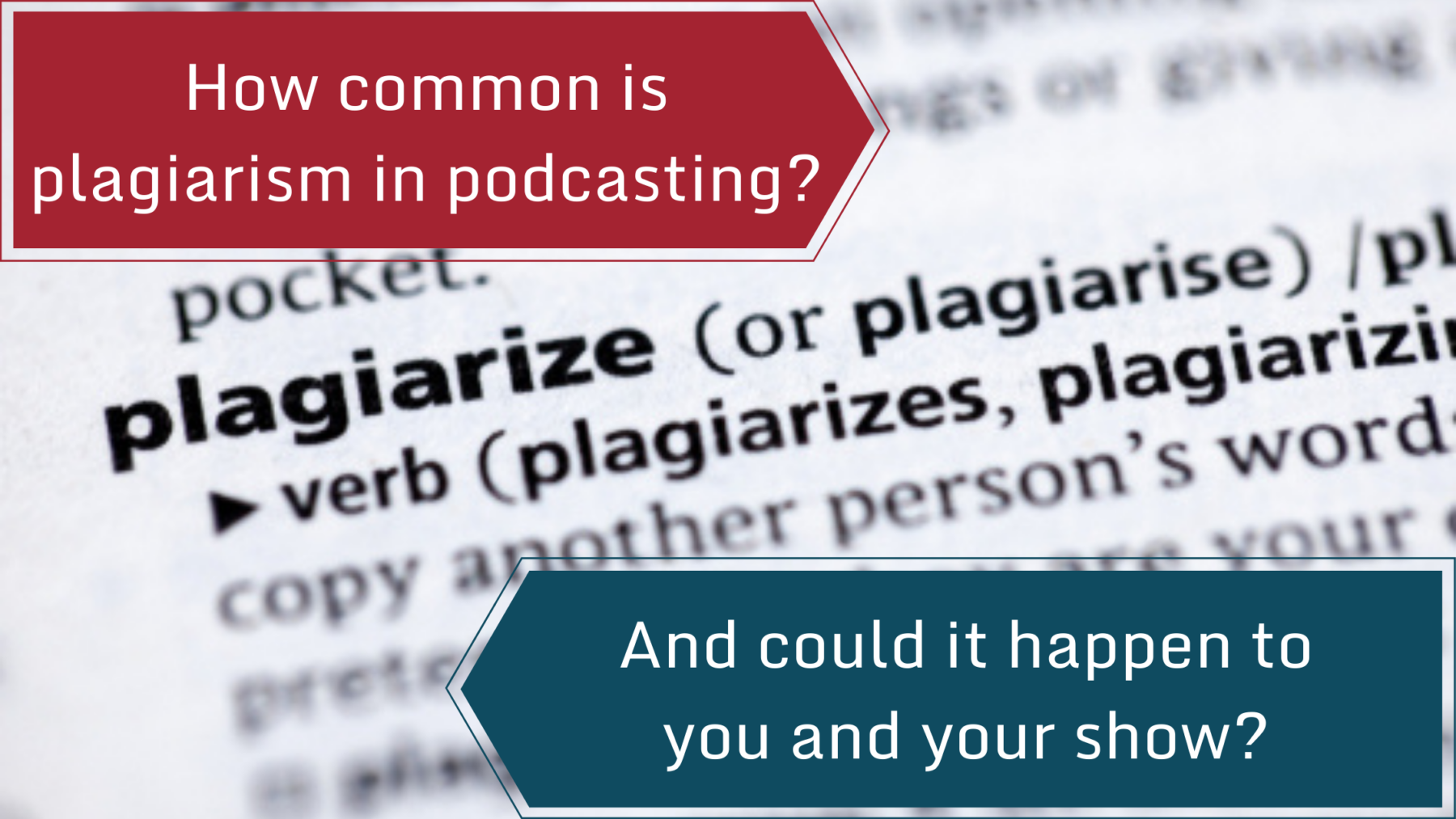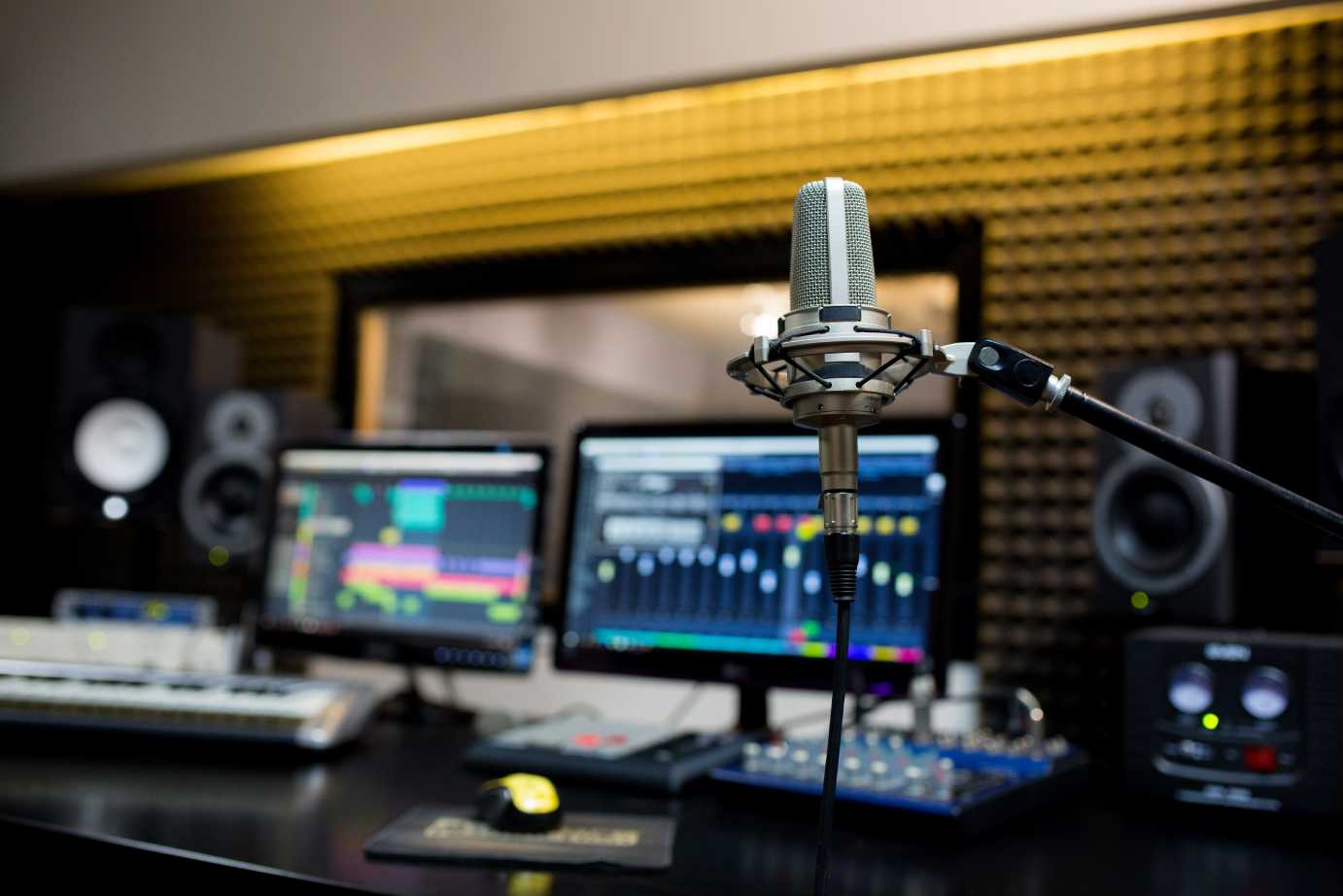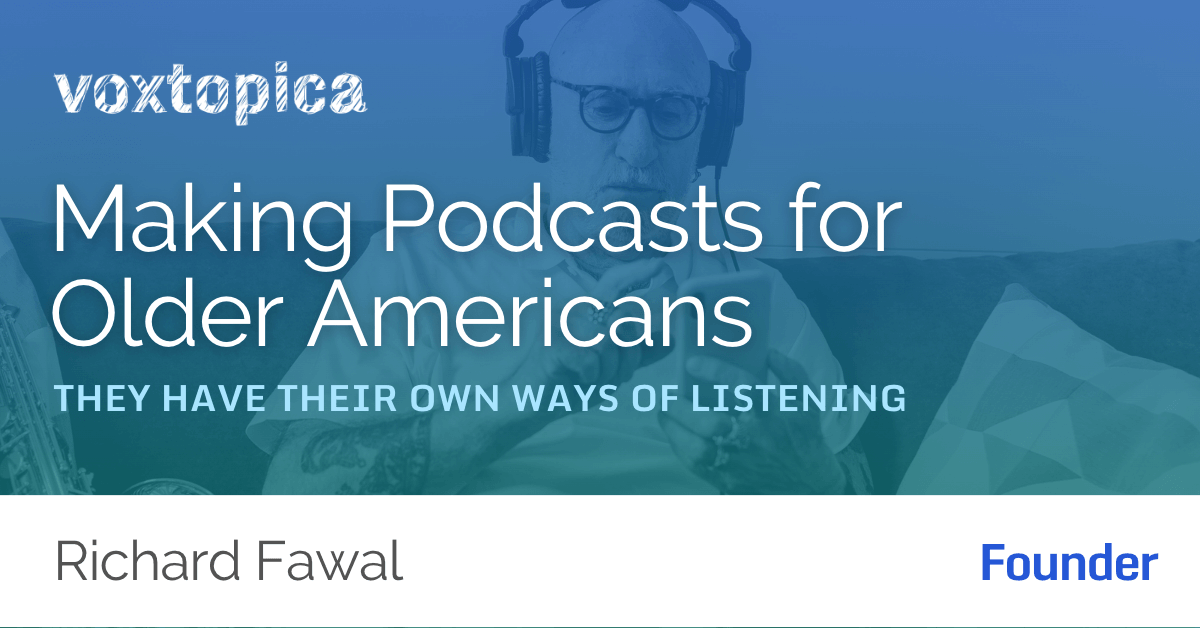Don’t let this happen to you!
Recently, there’s been a rash of stories about plagiarism in podcasting. These stories have centered on the true crime genre, where some podcasters create entire series using the work of professional journalists and nonfiction authors to create their content — sometimes even reading articles word-for-word without any credit.
While the industry’s attention has been focused on true crime shows, we can say for certain that it’s happening in other genres as well. How do we know?
On one episode of a podcast Voxtopica produces, we discovered just how easy plagiarism can be.

Here’s the story.
Our client identified experts to speak on a topic for an episode of their show. We wrote scripts for the interviews and shared the top-line topics with the guests so they could prepare.
We interviewed the guests and began the process of writing the narration and other content for the episode. So far, this is all standard operating procedures.
While reviewing the audio, one of Voxtopica’s staff members noticed something strange. The guests sounded unusually prepared. They didn’t seem to exhibit normal speaking behaviors we hear in interviews, such as hesitating, pausing to think, tripping over words, or stuttering — like nearly every guest does at some point on any of the dozens of podcasts Voxtopica has produced.
How did this happen?
Were these guests just better prepared than usual? Were they more knowledgeable about the topics than other experts we’d spoken to? Why were their answers so precise, so polished, compared to the way guests usually respond?
We did a little more research and discovered something astonishing: These guests — yes, we’re talking about multiple people here — were answering our questions by reading word-for-word from the internet. They were reading content verbatim from magazine articles and Wikipedia pages without telling us or explaining that they were quoting other sources.
This absolutely shocked us. These guests were professionals and academics who would never have used sources like these in their own work without proper credit. But for some reason, they didn’t think about a podcast the same way. They didn’t think of what they were doing as plagiarism.
If not for one staff member’s trained ear, we may very well have produced and released this episode — almost entirely plagiarized — without knowing it. And, to be honest, it’s likely no one would have noticed. But it would still have been wrong.
When we explained to our client what we had found, they were also shocked. They authorized us to review everything we had recorded and eliminate everything that wasn’t original. Fortunately, we were able to re-record with different experts and released a very successful episode on time. Needless to say, it was incredibly stressful for everyone involved.
How can you ensure this doesn’t happen to you?
First, tell your audience about your sources. As with the true-crime examples, simply googling a topic and using others’ work to write your own podcast script is plagiarism. Don’t do it without telling your audience who your sources were.
Be careful to fully vet your guests before interviewing them. In our example, the guests our client selected were not, in fact, true experts on the topic. They were experts in related topics who simply found it easier to rely on other sources for a one-time podcast interview that just wasn’t a high priority for them.

They also didn’t grasp the nature of podcasting or consider that using these sources without credit was plagiarism. Our client learned to take the time and find true experts to speak to the topic — don’t settle for simply finding anyone who says “yes” to your invitation to be on the show.
Finally, ask your guests who their sources are. Share those sources with your audience either in the show or at the very least in the show notes.
These simple steps can help you avoid the podcast plagiarism trap.




